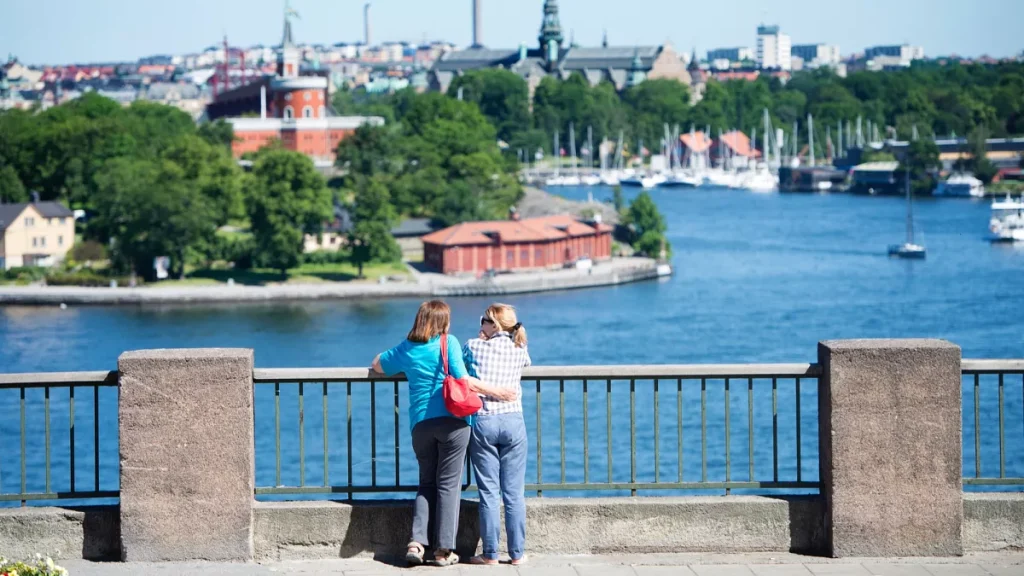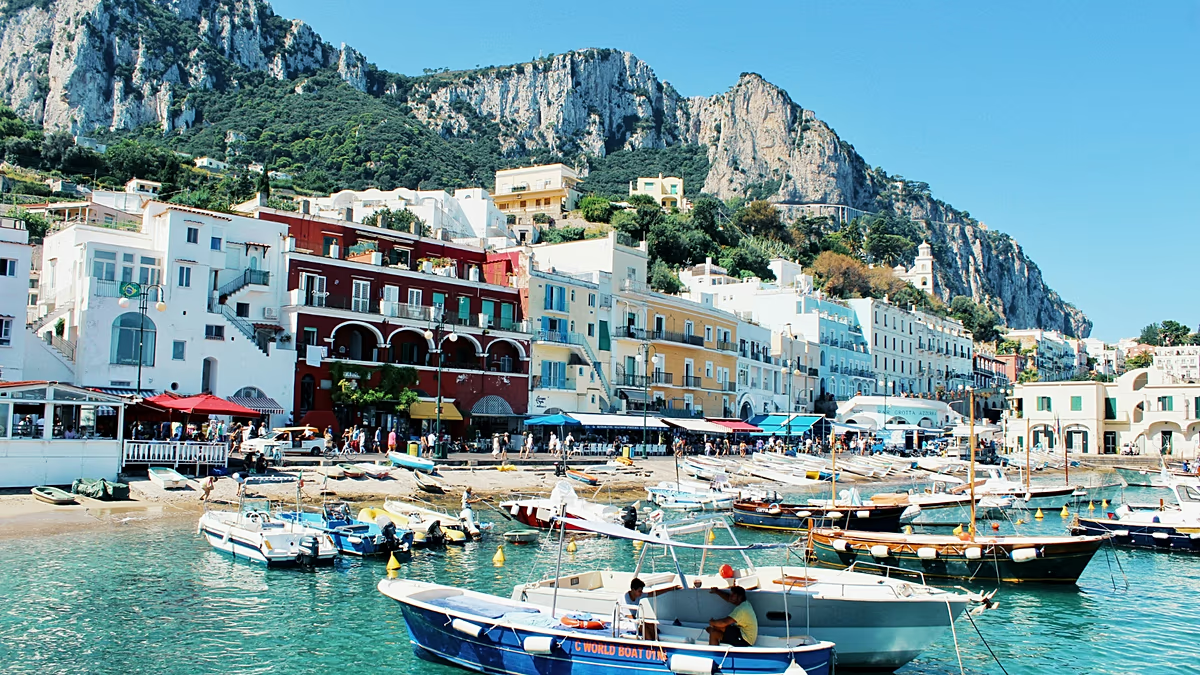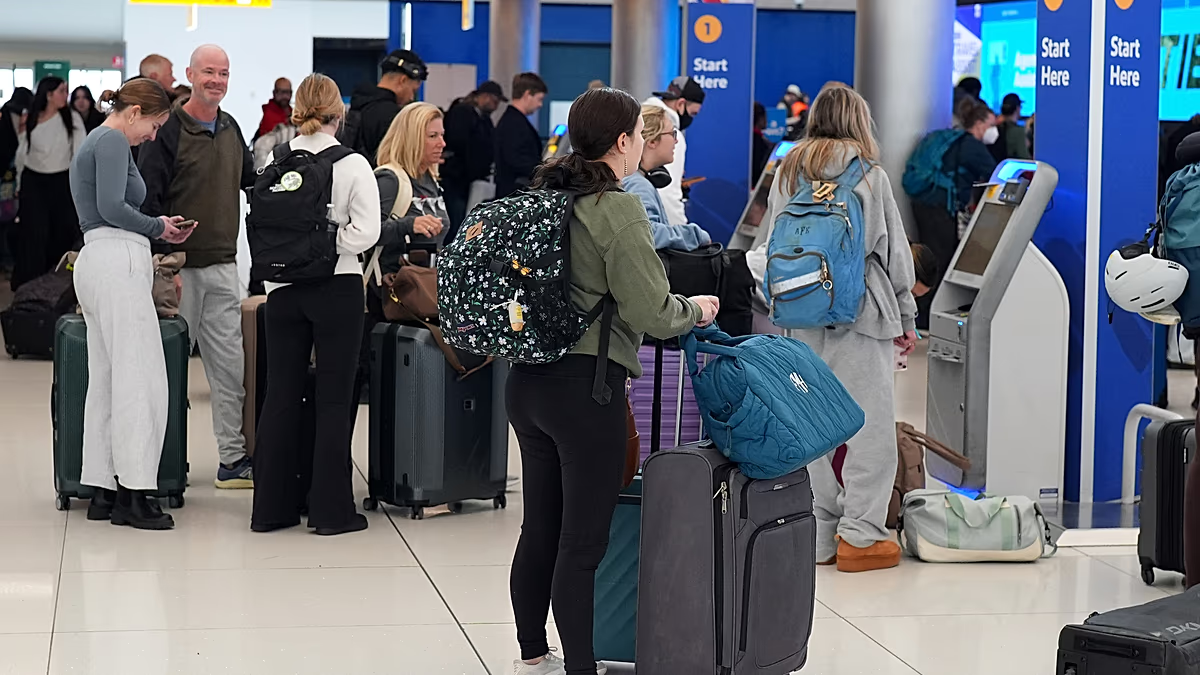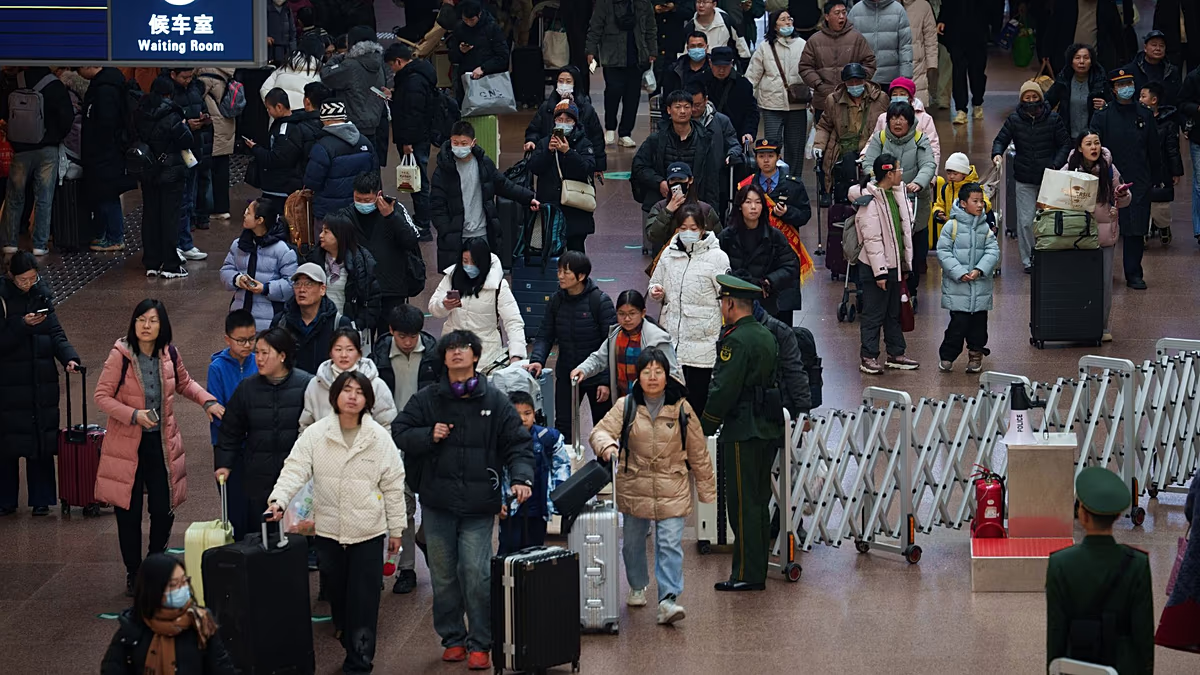Sweden Becomes the First Nation ‘Prescribed’ by Doctors for Wellness
In a playful yet poignant campaign, Sweden has positioned itself as the world’s first country to be “prescribed” by doctors for wellness benefits. The Swedish tourist board has created the “Swedish Prescription” initiative, highlighting how the nation’s lifestyle, natural environments, and cultural practices offer tangible health benefits for visitors. This innovative approach, while tongue-in-cheek, rests on solid scientific evidence about the health advantages of Swedish customs and environments.
Sweden consistently ranks among the world’s happiest countries and leads global quality of life indexes for good reason. The campaign, developed in collaboration with senior professor Yvonne Forsell, showcases activities scientifically proven to enhance both mental and physical wellbeing. These “prescriptions” can be personalized based on individual health goals and visit duration. Among the recommendations is forest bathing in Sweden’s vast woodlands, which research has shown reduces stress hormones and improves concentration. The country’s natural advantages for better sleep are also highlighted – cool temperatures, minimal light pollution in rural areas, and an overall quiet environment create ideal conditions for restorative rest that many visitors from busy urban environments sorely lack.
The Swedish concept of ‘Fika’ features prominently in the wellness prescription. More than just a coffee break, Fika represents a philosophical approach to daily life that encourages mindfulness and human connection. It involves pausing work to enjoy a hot beverage and perhaps a small treat, but importantly, doing so with intention and often in the company of others. The practice encourages people to set aside their devices and be fully present, which studies have linked to reduced stress levels and improved focus. In our hyperconnected world, this simple ritual offers a powerful antidote to digital overwhelm and represents one of Sweden’s most accessible wellness exports.
While the campaign maintains a humorous tone – with Professor Forsell noting that Sweden’s extended daylight hours in summer months offer “24/7 light therapy” – it has garnered serious endorsements from medical professionals internationally. Board-certified pediatrician Dr. Stacy Beller Stryer, British Medical Association Vice President Dr. Sam Everington, researcher Dr. Michael Jeitler, and rehabilitation specialist Dr. Maaike ten Thije-de Boer have all validated the campaign’s core premise. Their involvement underscores an important shift in how we conceptualize wellness: not just as something accessed through traditional medical interventions, but through environments, cultural practices, and lifestyle adjustments that Sweden happens to exemplify particularly well.
The campaign cites compelling research from respected sources like the American Psychological Association and the International Journal of Environmental Research and Public Health to support its claims. For instance, the traditional Swedish sauna experience isn’t merely relaxing – studies published by the National Institutes of Health suggest regular sauna bathing correlates with a remarkable 65 percent lower risk of developing Alzheimer’s disease and dementia. Similarly, reducing smartphone use and engaging in social rituals like Fika has been scientifically linked to improved mental health outcomes. Cycling, another activity promoted in the campaign, offers both physical exercise and an opportunity to experience Sweden’s extensive bike-friendly infrastructure, combining cardiovascular benefits with environmental sustainability.
Beyond specific activities, Sweden’s campaign highlights how the country’s overall approach to life contains wisdom increasingly validated by modern science. The Swedish respect for work-life balance, environmental stewardship, and social cohesion creates a societal framework that naturally supports wellbeing. The country’s extensive museums and public art installations offer cultural engagement that research shows can reduce anxiety and depression. Meanwhile, Sweden’s legendary midnight sun during summer months provides a natural mood booster through extended daylight exposure. While not everyone can relocate to Sweden permanently, the campaign cleverly suggests that even a temporary visit can provide valuable perspective shifts and wellness practices that visitors can incorporate into their lives back home. In presenting itself as a “prescription,” Sweden invites travelers to view tourism not merely as leisure but as an investment in personal wellbeing with lasting returns.


![Standard Chartered Cuts Bitcoin and Ethereum Forecasts, Predicts Bottom by [Date] at $[Price]](https://commstrader.com/wp-content/uploads/2026/02/3f2a2e40b5435ea86ade84c25b7ee76c02e7fe3c-300x200.jpg)









